Keramická pěna je typ porézního keramického materiálu, který se vyrábí přidáním pěnivého činidla do keramické kaše a poté ho vypálí při vysokých teplotách. Výsledný materiál má trojrozměrnou síť propojených pórů, což mu dává jedinečné vlastnosti, jako je vysoká tepelná a chemická odolnost, Vynikající filtrační schopnosti, a vysoká mechanická pevnost.
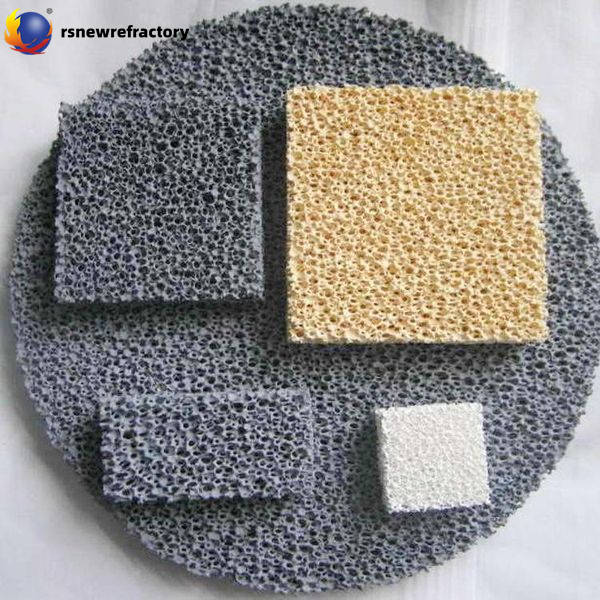
Detaily keramiky pěny
| Značka | Objemová hustota,g/cm3 | Pórovitost % | Studená rozdrcená síla | Stabilita tepelného nárazu 1100 ℃ Cyklus | Pevnost ohýbání vysokých teplot1200 ℃ MPa |
| PTW-G | 0.4~ 0,85 | ≥76 | ≥1.2 | ≥2 | ≥0,6 |
| PTW-T | 0.36~0,5 | ≥80 | ≥1,0 | ≥2 | ≥0,6 |
| PTW-L | 0.3~0,5 | ≥80 | ≥0,8 | ≥2 | ≥0,4 |
| Specifikace: přizpůsobená velikost; Hustota díry 0 ~ 50ppi | |||||
Materiál keramického pěnového filtru
Základními materiály pěnových keramických filtrů jsou karbid křemíku, Oxid zirkonia, a oxid hliníku.

Aplikace pěnové keramiky
- Materiál nosného katalyzátoru
Pěnová keramika má vysoké specifické povrchové vlastnosti. Jako nosič katalyzátoru, Mohou zvýšit efektivní kontaktní oblast a zlepšit katalytický efekt. Kvůli jejich výhodám, jako je odolnost proti teplu, nelibování, není snadno otráveno, a nízké náklady, Byly široce používány při automobilovém výfuku, chemický průmysl, a další pole k léčbě toxických a toxických látek: Foul vůně a další škodlivé plyny. - Izolační materiály
Uzavřené póry v pěnové keramice snižují účinnost uvolňování tepla a snižují konvekci při šíření tepla. Mají vynikající vlastnosti, jako je nízká tepelná vodivost a odpor tepelného nárazu, a jsou to vynikající materiály odolné proti teplu. - Hořák
Jako porézní střední hořák, Kramický materiál z pěny může snížit teplotu plamene prostřednictvím dobrého kurzu tepla keramického materiálu, a provádět předem smíšené spalování různých paliv na povrchu inertní porézní keramiky nebo v jeho blízkosti, úspora energie a výrazně snižování Cox a Nox. emise. - Materiály absorbující zvuk
Pěnová keramika má velké množství pórů s trojrozměrnou síťovou strukturou. Příchozí zvukové vlny způsobují, že vzduch v pórech vibruje a způsobuje tření v keramických šlahách. Efekt viskozity způsobuje, že zvukové vlny jsou přeměněny na teplo a zmizí, dosažení účinku absorbování zvuku. - Biologické materiály
Porézní hydroxyapatitová keramika je velmi podobná anorganickým složkám lidských kostí a zubů. Jsou pro lidské tělo netoxické a mají vysokou biokompatibilitu a biologickou aktivitu. Jejich vzájemně propojené póry vedou k mikrocirkulaci tkáňové tekutiny a podporují infiltraci buněk. a růst.
Technologie přípravy keramického pěnového filtru
Mezi hlavní procesy pro přípravu keramiky pěny patří organický (polymer) Proces infiltrace pěny, Proces pěny, Proces přidání agenta vytvářejícího póry, proces sol-gel, a proces formování injekce gelu.
Představení společnosti Rongsheng
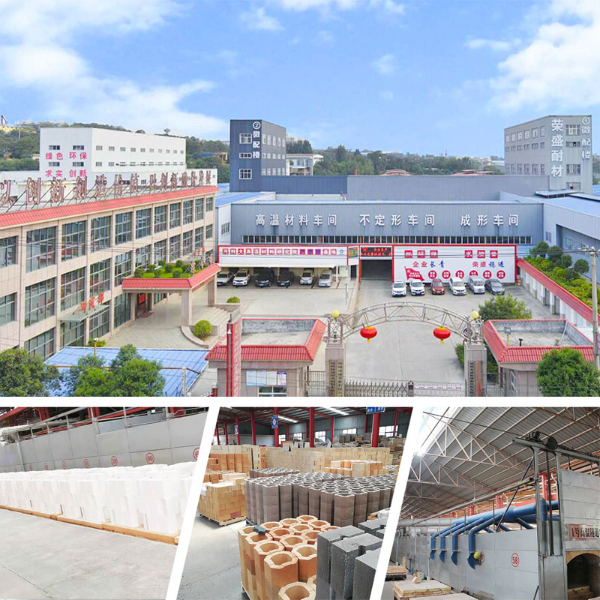
Rongsheng Company je profesionálním dodavatelem žáruvzdorných materiálů, s 10 let zkušeností s exportem, export do více než 80 zemí. Mezi hlavní produkty společnosti Rongsheng patří různé žáruvzdorné cihly, netvarované žáruvzdorné materiály, hutních materiálů, tepelně izolační materiály, a tak dále.
 Továrna na žáruvzdorné materiály Rongsheng
Továrna na žáruvzdorné materiály Rongsheng
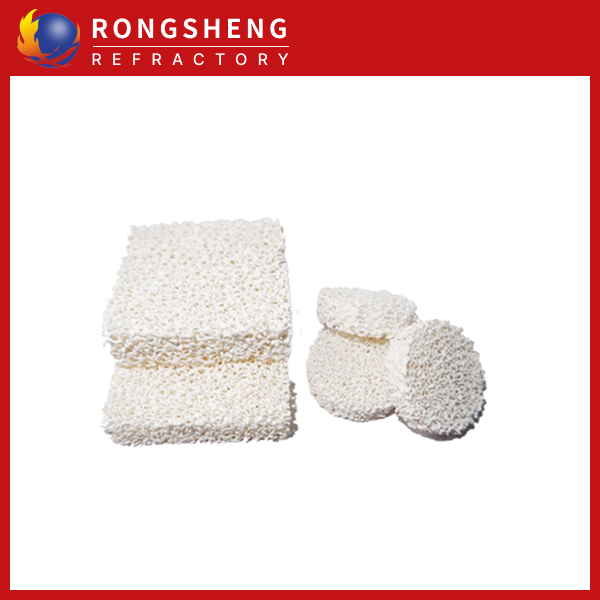
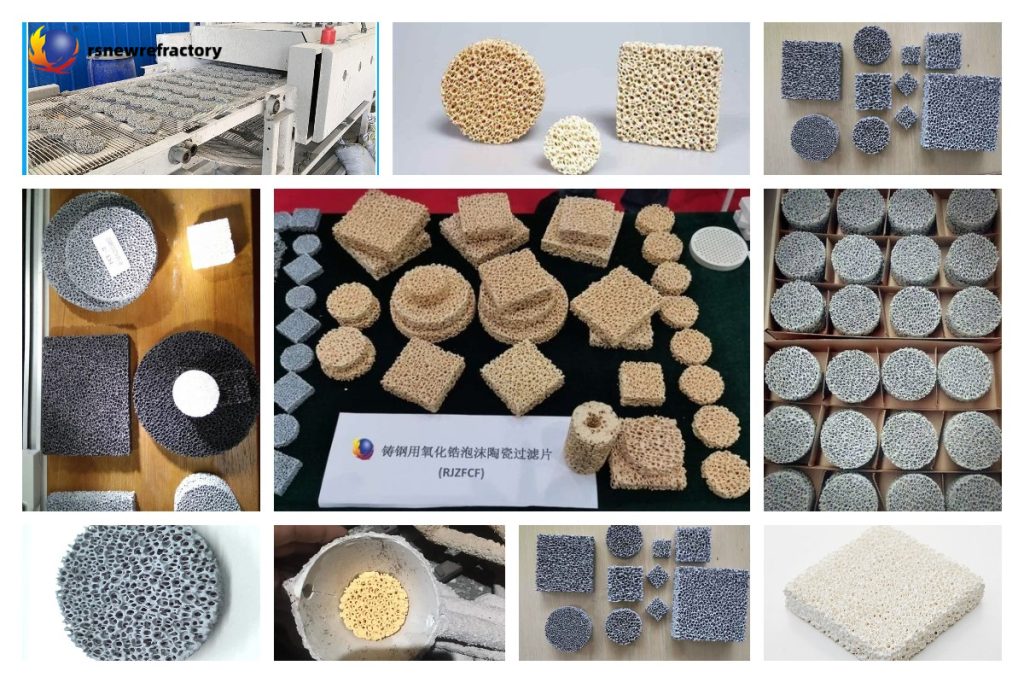
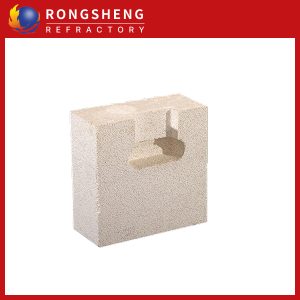
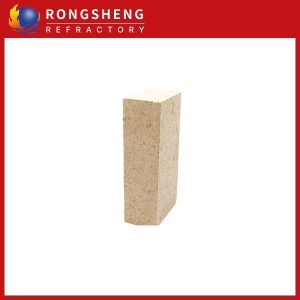
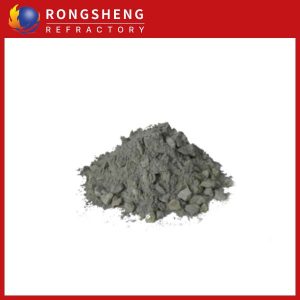
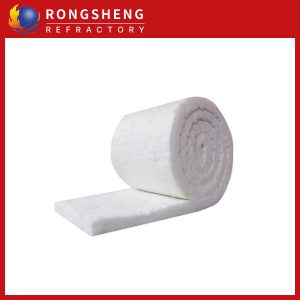
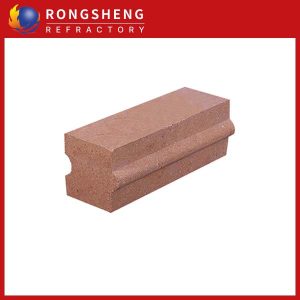
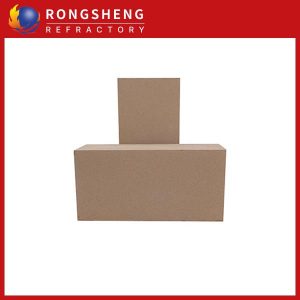
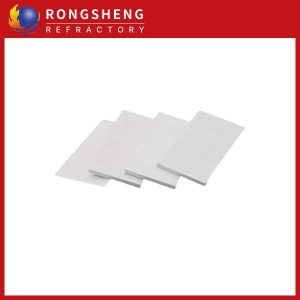
WeChat
Naskenujte QR kód pomocí wechat